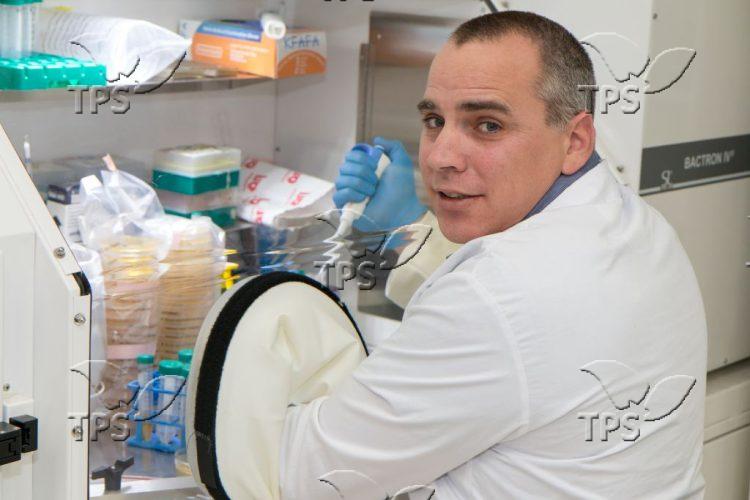Israeli Researchers Deliver Gut Punch to Gestational Diabetes
Jerusalem, 22 March, 2023 (TPS) -- The problem with gestational diabetes is that it has no noticeable and unique symptoms for pregnant women.
Its most common symptoms are frequent thirstiness and urination, which is the body’s way of ridding itself of sugar when the normal processes don’t work. But drinking and trips to the bathroom are also general symptoms of pregnancy as the mother’s fluids adjust their activities to support the baby.
Blood tests checking for gestational diabetes are a standard part of pre-natal care, but they are usually done 24-28 weeks into the pregnancy, towards the end of the second trimester.
But a new Bar-Ilan University study has found that the condition, which is formally called gestational diabetes mellitus (GDM), can be diagnosed as early as the first trimester of pregnancy.
The study, led by Bar-Ilan’s Prof. Omry Koren, is one of the first to show reliable prediction of GDM months before it is typically diagnosed. The team’s findings were published in a recent issue of the peer-reviewed journal, Gut.
Gestational diabetes — a condition in which women without diabetes develop glucose intolerance during pregnancy — is caused when a hormone produced by the placenta prevents the mother’s body from using insulin effectively. As a result, glucose builds up in the blood instead of being absorbed by the cells.
If untreated, the baby will be born with high levels of sugar in its blood and become extra large, raising the likelihood of complications during the delivery. It’s believed that GDM may increase the likelihood of long-term maternal cardiovascular disease, chronic kidney disease, and cancer risks.
The study focused on microbiota, the bacteria population found in the digestive tracts of humans and animals. The researchers found marked differences in the first trimester gut microbiota of women who did and did not later develop gestational diabetes.
In the study, fecal and serum samples were collected from pregnant women during their first trimester. The microbiota, metabolite, inflammation, and hormone profiles were characterized. Other lifestyle habits, including diet and smoking, were recorded, while other medical data was compiled from the women’s digital health records.
Using the results of these characterizations, combined with other collected data, fellow Bar-Ilan Prof. Yoram Louzoun built a machine learning model to accurately predict which women would and would not go on to develop gestational diabetes.
The researchers then demonstrated in animal models that transferring the first trimester feces of women who went on to develop gestational diabetes resulted in transfer of the diabetes phenotype to germ-free mice. This suggested the gut microbiota have a role in mediating the development of GDM.
The findings were not population specific. The researcher’s model, for example, could predict GDM in Chinese women, while the mice results were replicated in Finnish and American cohorts.
“Recognition of women at risk of gestational diabetes at an early stage of pregnancy may allow specific recommendations for prevention of the disease — currently by lifestyle modification and in the future perhaps by specific pre, pro, and postbiotic supplementation,” Prof. Koren said.







